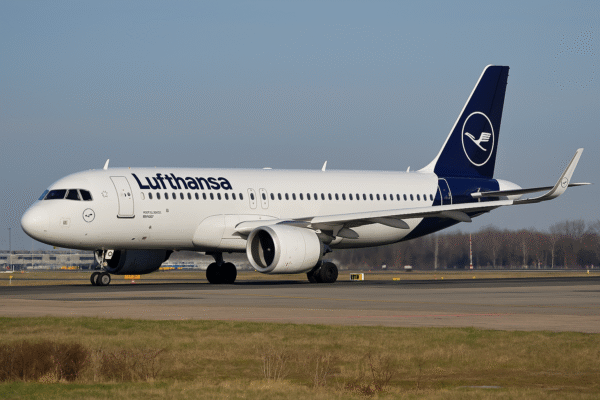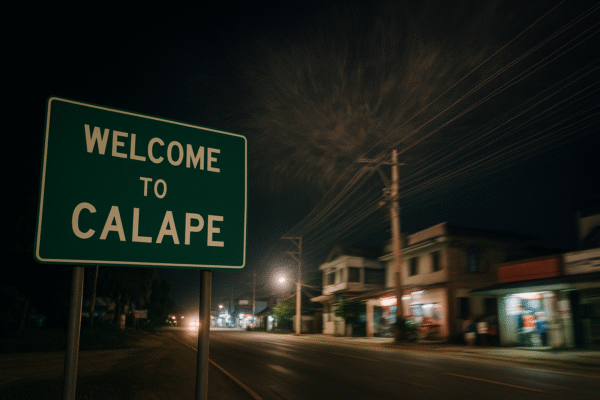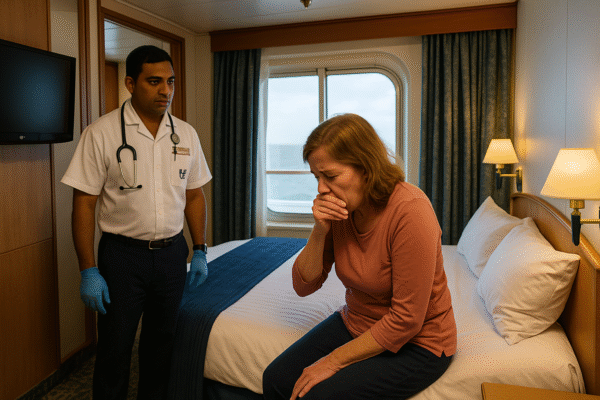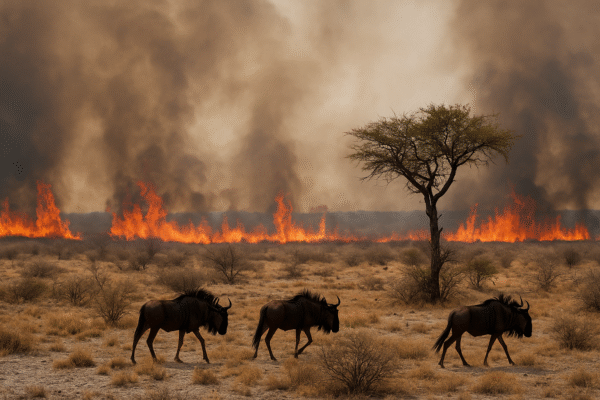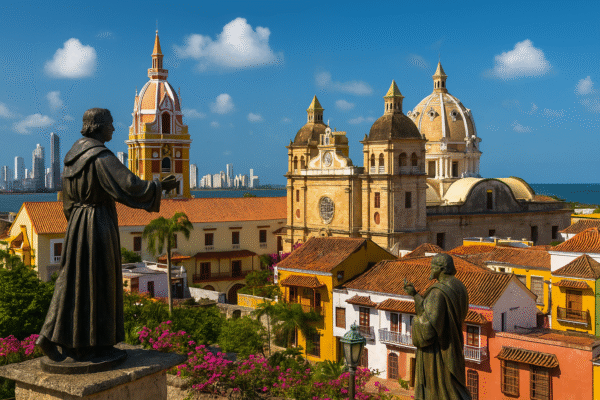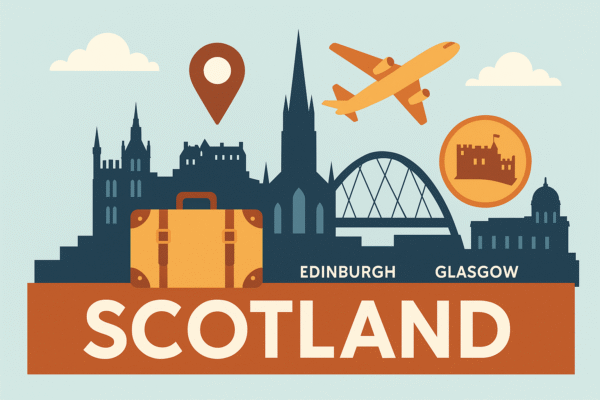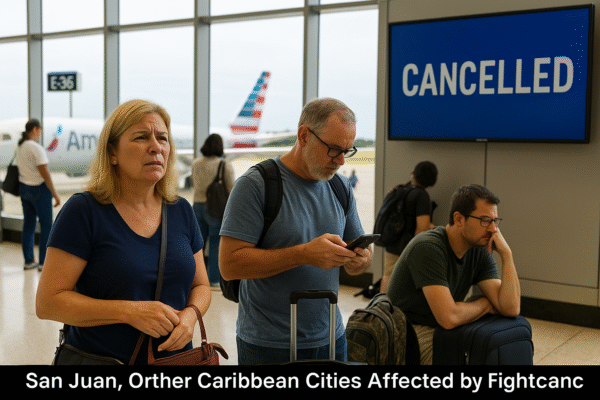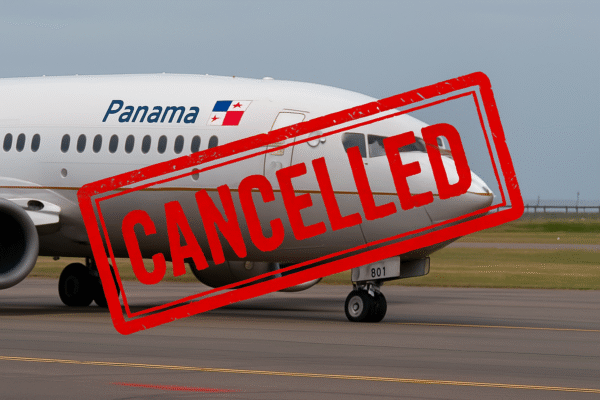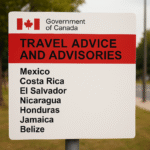Panama has officially suspended all flights to Haiti, aligning with a growing number of countries and organizations that have implemented travel restrictions amid the island nation’s spiraling security crisis. This decision follows actions by the United States, United Kingdom, France, Canada, the Dominican Republic, and the United Nations, all of which have tightened travel to Haiti due to surging gang violence.
The announcement marks another major setback for Haiti’s already fragile connectivity to the outside world. For years, Panama’s Tocumen International Airport served as a crucial transit hub for Haitians traveling abroad. With flights suspended, Haiti is facing deeper isolation, severely limiting access for tourists, expatriates, and humanitarian missions.
Escalating Violence in Haiti
Haiti has been gripped by unprecedented levels of violence since early 2024. Nearly 90% of Port-au-Prince, the nation’s capital, is under gang control. According to the United Nations, more than 1.3 million people have been displaced this year, and over 3,000 lives have been lost to escalating clashes and organized crime.
Entire neighborhoods have become no-go zones, disrupting daily life, healthcare, and transportation. For the tourism industry, this has brought operations to a standstill. Hotels, airlines, and tour operators have suspended services, while travelers remain advised against visiting the country.
International Travel Restrictions: Who Has Closed Access to Haiti?
Several nations and organizations have adopted strict travel advisories or outright bans to safeguard their citizens and humanitarian workers.
- United States: The Federal Aviation Administration extended its ban on flights to Haiti until March 2026 following incidents where aircraft were targeted by gunfire. The U.S. State Department has issued a “Do Not Travel” advisory.
- United Kingdom: The Civil Aviation Authority advises against flights below 10,000 feet over Haiti due to small arms fire, with restrictions in place until October 2025.
- France: France maintains a similar advisory, prohibiting low-altitude flights until at least September 2025.
- Canada: Canadian authorities have discouraged air travel to Haiti due to ongoing threats, with advisories still active in 2025.
- Dominican Republic: Haiti’s closest neighbor closed all air, land, and sea borders with the country in March 2024, citing security concerns and cross-border tensions.
- United Nations: The UN suspended flights to Port-au-Prince after repeated gunfire incidents, further complicating humanitarian supply chains.
These widespread restrictions underscore the seriousness of Haiti’s situation, affecting not only tourism but also crucial aid operations.
Impact on Tourism and Humanitarian Aid
The cancellation of flights and closure of borders has crippled Haiti’s tourism sector, which had shown signs of growth in recent years. Beaches, cultural festivals, and historic landmarks once attracted international visitors, but the surge in violence has erased much of this progress.
Equally concerning is the humanitarian impact. Displaced families struggle to find food, shelter, and healthcare as aid agencies face mounting logistical challenges. With restricted air access, delivering medical supplies and emergency food aid has become increasingly difficult.
International Calls for Action
The global community has not remained silent. At the United Nations General Assembly, leaders, including Kenyan President William Ruto and Haitian officials, urged for immediate international intervention. A proposed Gang Suppression Force (GSF) of 5,500 troops, drawn from over 30 countries, has been suggested to restore stability and secure critical infrastructure.
The force would aim to dismantle armed groups’ territorial control and pave the way for Haiti’s transition back to democratic governance. However, approval by the UN Security Council remains pending, hindered by debates over funding and mission logistics.
Challenges in Coordinated Response
Despite strong support for intervention, some nations are cautious. Past international missions in Haiti faced difficulties with sustainability, local opposition, and financial constraints. A lack of predictable UN funding raises concerns about whether the proposed GSF could avoid the pitfalls of earlier efforts.
For now, diplomatic negotiations continue, with the United States pressing for swift approval before the expiration of the current Multinational Security Support Mission mandate in October 2025.
Humanitarian Crisis Deepens
While global leaders debate solutions, the reality on the ground in Haiti grows more dire. Displaced people camp in makeshift shelters, food prices skyrocket, and hospitals face shortages of staff and supplies. Children, women, and the elderly remain the most vulnerable as aid distribution stalls.
The collapse of infrastructure has also dealt a blow to any remaining tourism initiatives. Once-promising investments in eco-tourism and cultural heritage sites are now indefinitely paused, with international agencies prioritizing humanitarian survival over economic revival.
Conclusion
Panama’s suspension of flights to Haiti highlights the deepening severity of the nation’s crisis. Combined with similar measures by the U.S., Canada, and other global partners, Haiti’s air and land isolation is nearly complete.
The impact extends beyond tourism, striking at the heart of humanitarian relief and international diplomacy. Unless decisive action is taken soon, Haiti risks further instability, leaving its citizens cut off from critical aid and international engagement.
For now, the suspension of flights remains a stark reminder of how escalating violence can paralyze a nation’s tourism, economy, and humanitarian lifelines. The world watches closely, awaiting whether the UN will take concrete steps to authorize intervention and restore hope for Haiti’s future.
For more travel news like this, keep reading Global Travel Wire



